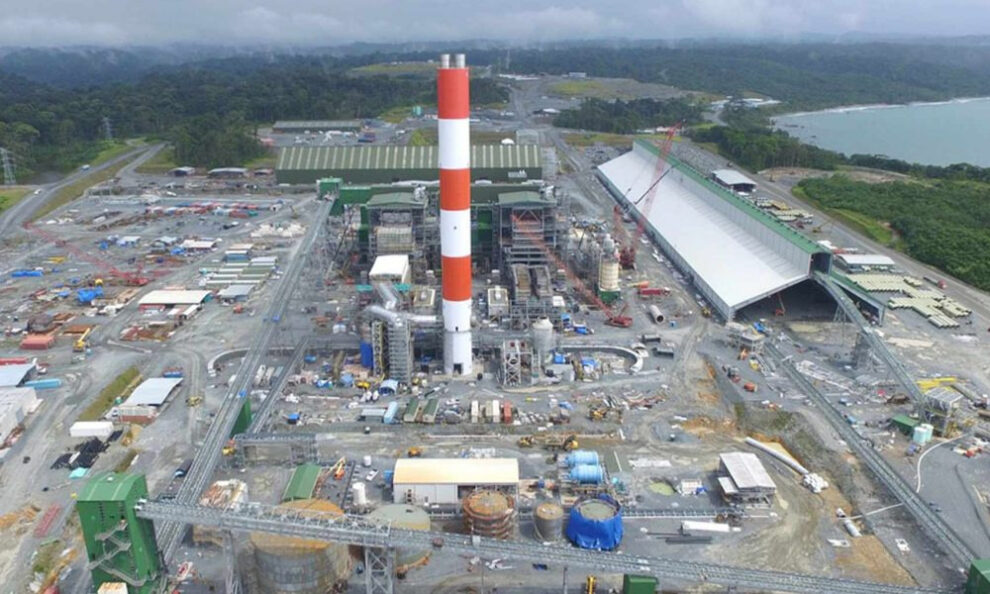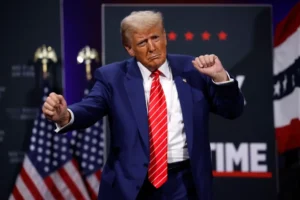Panama’s government vowed to adjust the draft law contract agreed with Minera Panamá in March, after the first debate on the contract in the congressional trade committee was suspended.
“The resolution issued by the legislature will be evaluated and new recommendations will be presented to the cabinet council, with a view to including proposals that resolve the concerns raised by the committee in response to public consultations,” commerce and industries minister Federico Alfaro said, according to a press release.
According to the release, the ministry will work with the subsidiary of mine owner First Quantum Minerals to reach new agreements.
After concluding the consultation stage with the communities and a visit to the mining company, the national assembly resumed the first debate on Thursday morning. Deliberation began in August in the trade committee amid protests by civil society groups, academics and environmentalists.
A few hours later, the legislative branch suspended the debate and returned the concession contract the government had negotiated with First Quantum to mine in a forested area in the north of the country, according to AP.
After a series of intense talks, First Quantum and the authorities agreed on March 8 that the contract for Cobre Panamá, one of the largest copper mines in Latin America, would be valid for 20 years, with the possibility of extension for another 20 years, and that the mining company would pay the State at least US$375mn annually.
The negotiations were necessary because the supreme court declared in 2017 the original 1997 contract unconstitutional following an appeal filed by environmental non-governmental organization CIAM, which filed another appeal with the court in July to prevent the government from negotiating the agreement.
Like other opponents of the contract, CIAM claims that the public was not adequately consulted and demanded that discussion be suspended until objections were resolved.
Concerns
Mining and arbitration lawyer Guillermo Cochez told BNamericas in a recent interview that, if the contract signed with the operator of the emblematic mine is approved by the national assembly, the consequences would be “catastrophic” if the country is paralyzed by growing protests that could force the government to back down.
Cochez said the agreement with the First Quantum subsidiary was “harmful to the interests of the country” due to various unconstitutional concessions that would be granted to the company. He urged the parties to renegotiate and eliminate the conflicting points before it’s too late.
Alfaro was quoted as saying that the decision was a “show of support for everything that Panamanian mining stands for.”
He added, “in the event of any recommendation that seeks to improve said contract to provide greater peace of mind to the Panamanian population, both the president and the minister are always available.”
But he also highlighted that more than 300 Panamanians participated in the consultations and that their concerns would be binding with the measure adopted by the legislative commission.
“This is a government that listens … It is one thing to ask for the rejection of the contract and another to ask for improvements to the contract,” Alfaro said, adding that the government seeks to be responsible for the conservation of the thousands of direct and indirect jobs the mine generates.
A study published by consulting firm Indesa in January revealed that, if Cobre Panamá is closed, 5,840 Panamanians who work directly at the mine or in projects associated with it would lose their jobs, while 35,480 jobs could be lost in other segments of the economy that are linked to the commercial operation of the mining company.
Cobre Panamá began producing copper concentrates in June 2019. Last year, it reported production of 350,438t of copper. The mining company contributes about 5% to GDP, represents about half of First Quantum’s total production and 75% of the country’s goods exports, according to company data.
Source : BNAMERICAS









